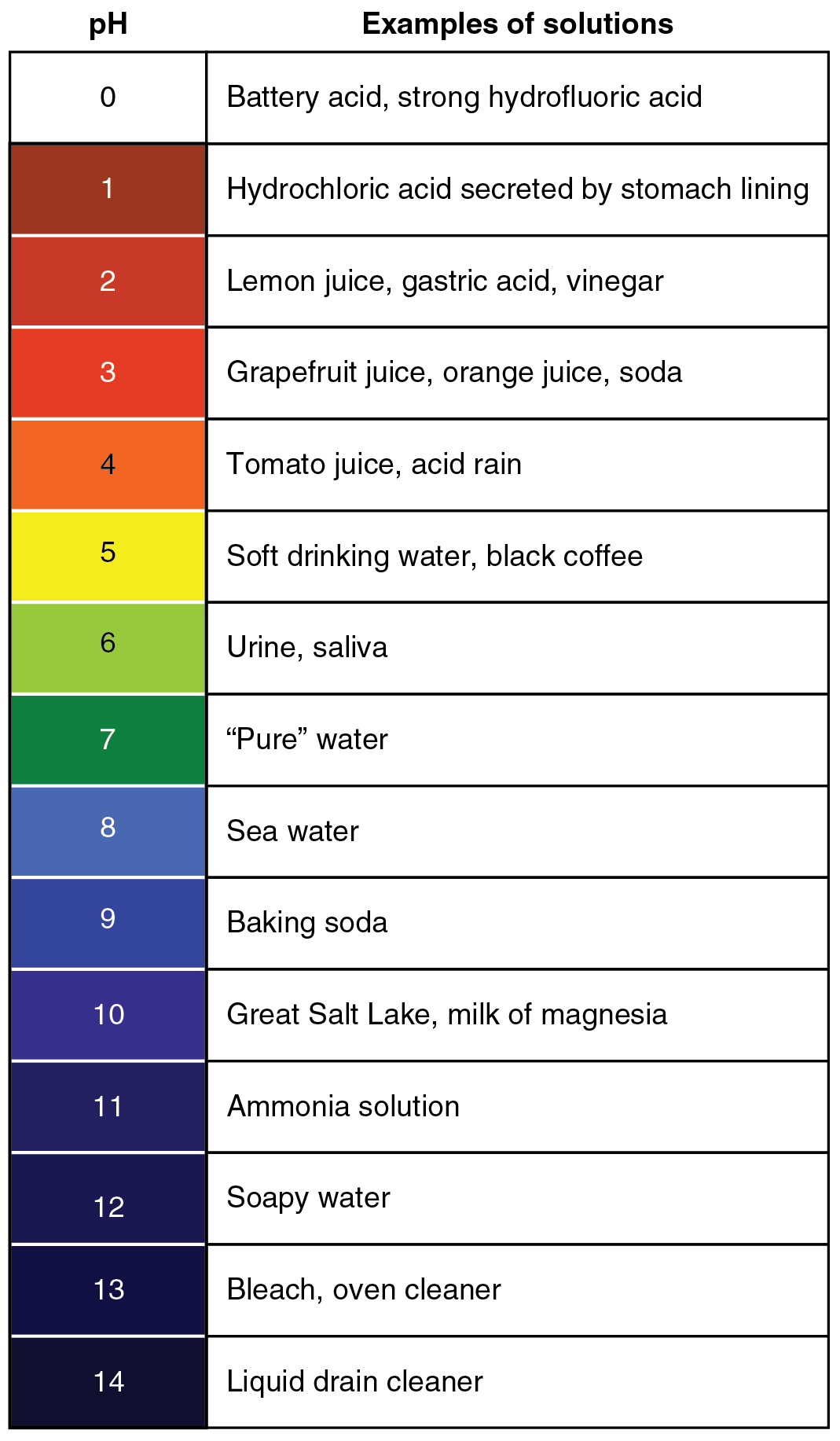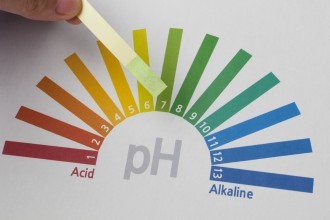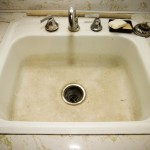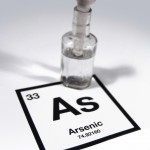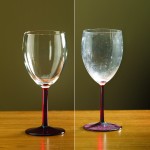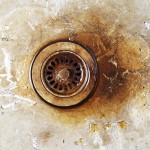Acid Water in Your Home
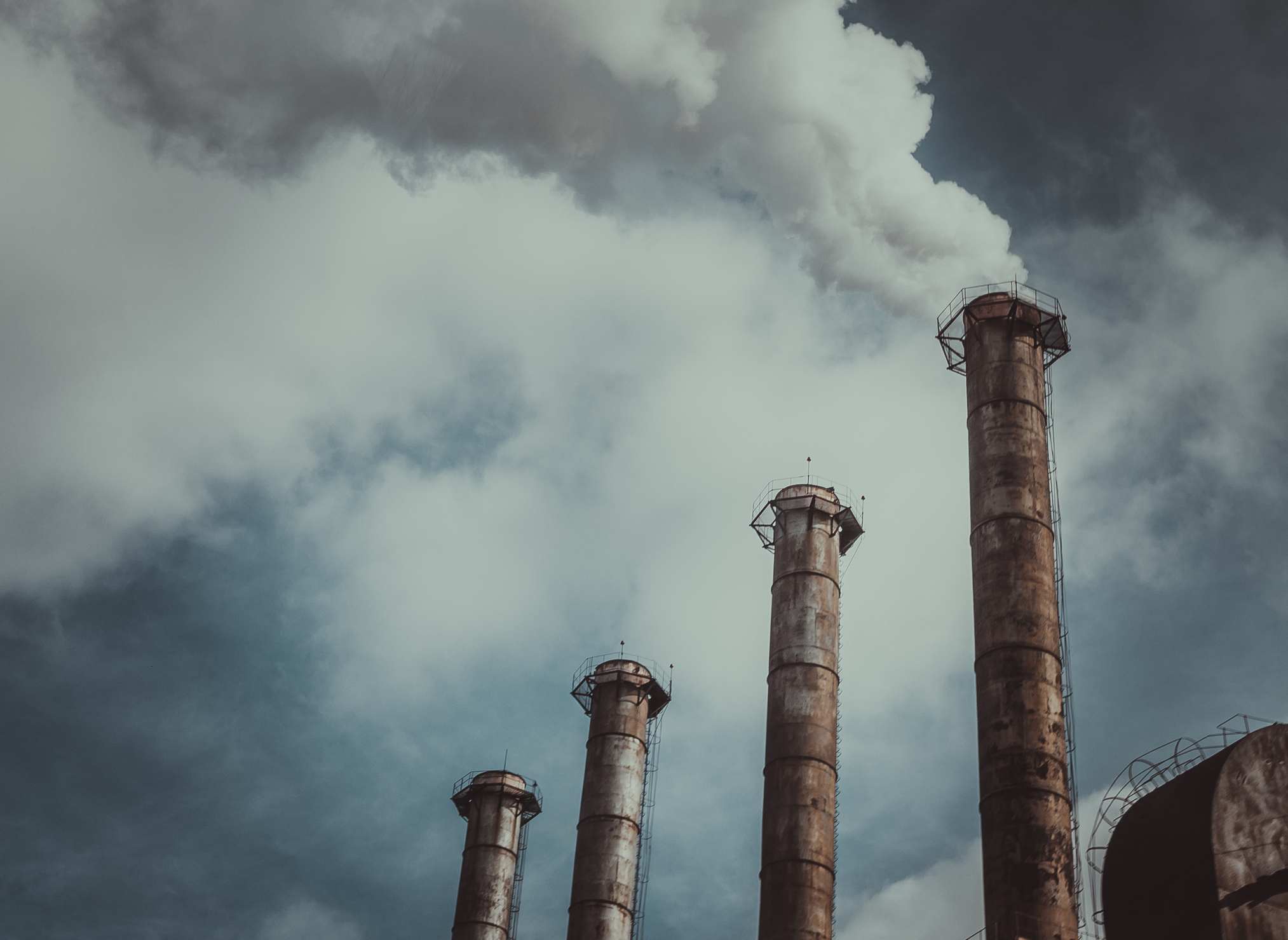
Acidic water can be a direct problem within your home, causing metallic and sour taste, stained laundry or blue/green stains in your sinks and other fixtures. But acid water could be a canary in a coal mine for other major household water issues.
Surface water typically has a pH value of 6.5 to 8.5 (7 represents neutral on a scale measured from 0 to 14). Acid water is classified as water with a pH value lower than 7. Household liquids considered naturally acidic are coffee and vinegar. Household items with a pH above 7 – common examples include baking soda and soap – are alkaline.
The EPA recommends that public water systems keep a pH level of 6.5 to 8.5, but these levels are not regulated in any way. It is considered a “secondary” water contaminant, but the effects of acid water go beyond taste. It can hit you hard in the wallet, as well.
Signs You Have Acidic Water
- Blue/green stain in your sinks, tubs and other bathroom/kitchen fixtures.
- Rust stains (if you have iron pipes)
- Low water pressure could be a sign of pipe corrosion. Acidic water can cause metal to leach into your water line.
- This metal corrosion can also cause your water to have a sour or metallic taste to it.
- Your hot water heaters, washing machines or dish washers are not functioning correctly.
- Acidic water, much like mineral-rich hard water, can be tough on your hair and skin
Sample of pH levels with examples:
Sources of Acid Water
Groundwater is different than surface water, as it tends to have a slightly lower than average pH than surface water. Water’s pH can change with the variants of rock formations. Limestone works as an acid neutralizer, while granite does not.
In areas where there are lakes or rivers, plants die and decompose, releasing carbon dioxide. A carbonic acid is then formed.
Acid rain can be produced in high-population or industrial areas that contain machines, such as vehicles, or factories that emit a large amount of nitrogen oxide and sulfur dioxide. Electrical power generation from coal power plants is one of the largest contributors to acid rain.
If you live in a rural area near a coal power plant, you may be at a higher risk for low pH water. Likewise, these chemicals can enter the water through poor municipal wastewater treatment. Schedule a FREE water test with your local Culligan dealer today to see if the pH in your water is optimal.
Being Proactive with Your Acidic Water
The best way to address the issue of acid water is to stop the problem before other major issues, such as pinhole leaks in your pipes, starts.
Culligan pH neutralizers and whole home water filter systems reduce pipe corrosion, damage to water-using appliances and aesthetic problems such as look or taste.
Alkaline Water – Are There Health Benefits?
The benefits of water with a level above a pH of 7 are well-documented but not scientifically proven. In fact, alkaline water can contribute to scale buildup in your household plumbing and bitter tasting coffee.The idea that consuming alkaline water will help turn your body less acidic is wrong. This kind of water has been marketed to consumers for years, but the evidence that any consumption of this type of water is beneficial from a health standpoint is a pseudoscience.
New Homeowners and Copper Pipes: A Health Issue for Your Children?
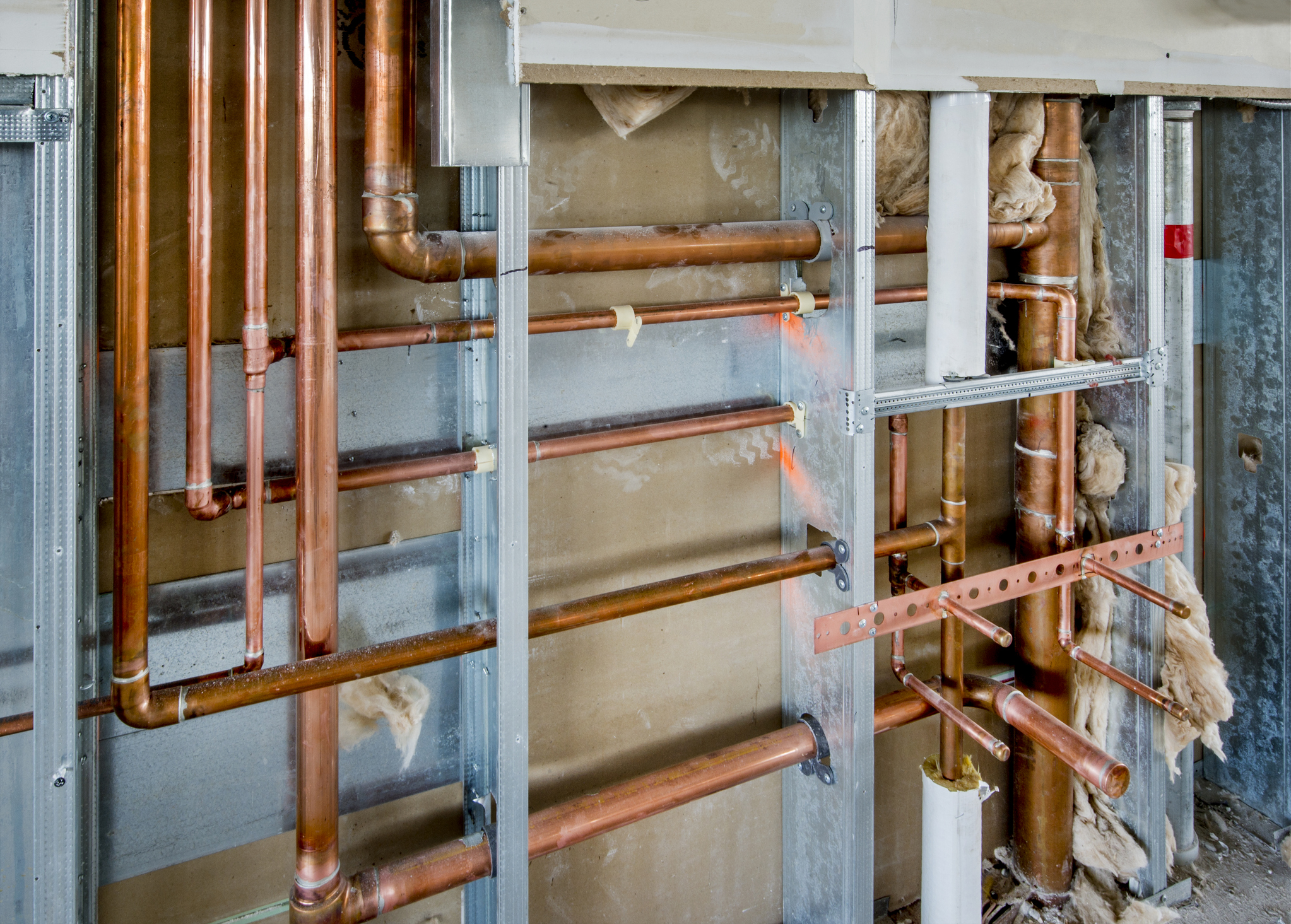
Copper is one metal that acid water can dissolve into your water system. While copper is good for your health in small doses, it can also be poisonous. The body has a natural way of regulating copper, however, children under one year old do not have this mechanism yet. Those with Wilson’s Disease also have difficulty maintaining proper copper levels.
The EPA has set an “actionable” level of 1,300 parts per million for copper in water systems, but that level may be too high for those with the aforementioned preconditions. Get your water tested today by your local Culligan man for more information if you have copper pipes.
Coating tends to build up over time in copper pipes and form a protective barrier from the water and copper, however, new homes with new pipes may be susceptible to this issue, as this coating has not built up yet in the new piping.
